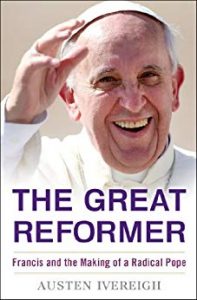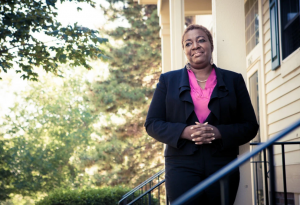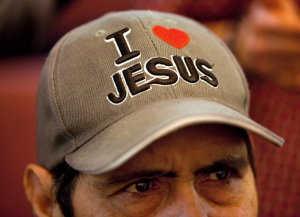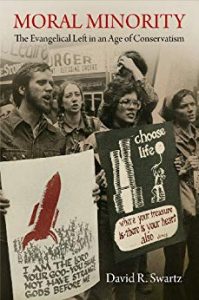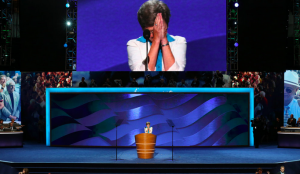By Molly Worthen
Contributing Opinion Writer
CHAPEL HILL, N.C. — ONE Sunday last month, I walked into an auditorium past greeters and a table loaded with coffee, fruit and cookies. Onstage two young men tuned their guitars. A blank screen hung down, a silent signal that not knowing the words would be no excuse for not singing along. But this was no typical church service.
I’d come for Sunday Assembly, a godless alternative to church founded in London in 2013. A cheerful woman with a name tag stood and promised a crowd of about 40 people “all the fun parts of church but without any religion, and with fun pop songs.” The band led us in secular “hymns” like “Walking on Sunshine” and “Lean on Me.” The day’s guest preacher, a Ph.D. candidate from Duke, described his research on bonobos and the biological roots of our species’ instinct to help one another — the “seeds of a nature that is good,” he told us.
Is this what secular humanism — the naturalist worldview that many nonbelievers embrace and religious conservatives fear — looks like in practice? In one sense, secular humanism is a style of fellowship intended to fill the church-shaped void, but it is also a strand of the liberal intellectual tradition that attempts to answer the canard that godlessness means immorality.
It’s no secret that nonbelievers still grapple with social stigma. Last year, more than half of Americans told pollsters that they would be less likely to support a presidential candidate if they learned he was an atheist. The nonbelievers I met were eager to challenge the stereotype of atheists as ill-tempered nihilists whose only sacred tradition is picketing the City Hall Christmas tree.
Image credit: Johnny Selman



